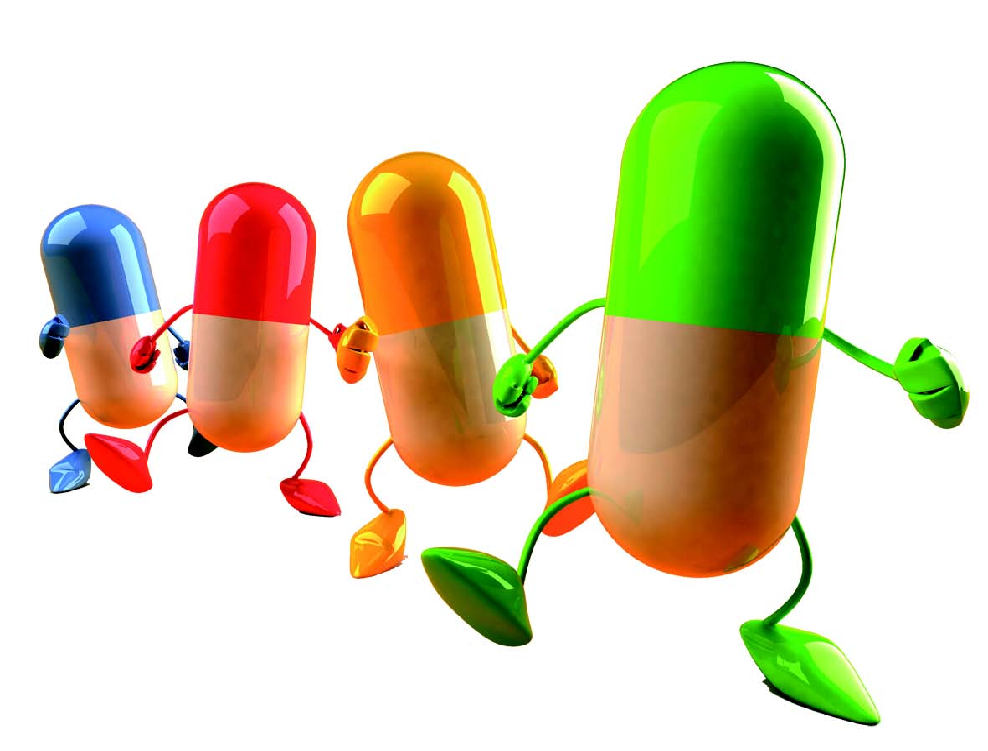Alcohol rehabilitation serves as a guiding light, offering individuals grappling with addiction a way out of the darkness. It is a comprehensive and transformative process that involves not only detoxifying the body but also rebuilding lives shattered by alcohol abuse. A journey towards recovery, it encompasses various therapeutic approaches, support networks, and an unwavering commitment to lifelong sobriety. While the path may seem daunting at first, armed with determination and the right resources, individuals can successfully navigate the challenges and emerge on the other side, leaving behind the shadows of addiction and embracing a brighter future. In this drug rehabilitation guide, we will explore the intricacies of alcohol rehabilitation in order to provide a roadmap to those seeking a way out of the abyss of alcohol dependence. With this alcohol rehabilitation guide, we aim to empower individuals to take the first steps on their journey towards recovery and help them rebuild their lives.
Understanding Addiction
Addiction is a complex and challenging condition that affects millions of individuals worldwide. It refers to the uncontrollable dependence on a substance or behavior, which can have severe negative consequences on one’s physical and mental well-being, as well as their relationships and overall quality of life.
Contrary to popular belief, addiction is not simply a matter of weak willpower or lack of self-control. It is a chronic disease that involves changes in the brain’s reward circuitry, making it difficult for individuals to resist the overwhelming cravings and compulsions associated with substance abuse.
The development of addiction is influenced by various factors, including genetics, environmental elements, and personal circumstances. Some individuals may be more predisposed to addiction due to their genetic makeup, while others may find themselves vulnerable due to factors such as childhood trauma, stress, or peer pressure.
Once an individual becomes addicted, their brain chemistry undergoes significant alterations, reinforcing the cycle of dependence and making it incredibly challenging to break free. This is why professional intervention and specialized treatment programs are often necessary to support individuals in their journey towards recovery.
Understanding the complexities of addiction is crucial in order to provide effective support and treatment options to those affected. By recognizing addiction as a disease rather than a moral failing, society can work towards breaking the stigma surrounding it and offer individuals the necessary help and resources to rebuild their lives through alcohol rehabilitation.
Effective Treatment Approaches
- Medical Detoxification
One of the most critical aspects of alcohol rehabilitation is medical detoxification. This process involves removing alcohol from an individual’s system under the supervision of medical professionals. Medical detoxification aims to safely manage the withdrawal symptoms that can arise when someone stops consuming alcohol. It is important for individuals seeking alcohol rehabilitation to undergo this initial phase to ensure a safe and controlled start to their recovery journey.
- Behavioral Therapy
Another crucial treatment approach in alcohol rehabilitation is behavioral therapy. This therapeutic approach focuses on addressing the underlying causes and triggers of alcohol addiction and aims to modify behaviors that contribute to substance abuse. Behavioral therapy techniques can include cognitive-behavioral therapy (CBT), motivational interviewing, and contingency management. By identifying and altering unhealthy thought patterns and behaviors, individuals can learn effective coping mechanisms and strategies to resist the urge to consume alcohol.
- Support Groups and Aftercare Programs
Support groups and aftercare programs play a significant role in the long-term success of alcohol rehabilitation. These programs provide ongoing support, guidance, and accountability to individuals in recovery. Support groups, such as Alcoholics Anonymous (AA) or SMART Recovery, offer a platform for individuals to share their experiences, seek advice, and build a supportive network. Aftercare programs often include regular check-ins, counseling sessions, and relapse prevention strategies to help individuals maintain their sobriety even after completing a formal rehabilitation program.
Remember, effective treatment approaches can vary depending on the individual’s unique needs and circumstances. It is crucial for healthcare professionals to tailor the treatment plan to address specific challenges and provide the best chance for successful alcohol rehabilitation.

Supporting Long-Term Recovery
In order to support individuals in their long-term recovery journey from alcohol addiction, a comprehensive and holistic approach is crucial. Here are some key elements that play a significant role in rebuilding lives through alcohol rehabilitation.
-
Individualized Treatment Plans: Tailoring treatment plans to meet the specific needs of each person is essential. Recognizing that everyone’s journey to recovery is unique, personalized care ensures that individuals receive the support and resources they require to overcome addiction successfully.
-
Therapeutic Support: Therapy plays a vital role in alcohol rehabilitation as it helps individuals address the underlying causes of their addiction. Through individual counseling, group therapy sessions, and specialized therapies such as cognitive-behavioral therapy (CBT) or dialectical behavior therapy (DBT), individuals learn healthier coping mechanisms and develop the skills necessary for sustained recovery.
-
Aftercare Services: Recovery does not end after completing a rehabilitation program; it is an ongoing process. Aftercare services offer continued support for individuals as they transition back into their everyday lives. These services can include outpatient therapy, support groups, relapse prevention strategies, and ongoing monitoring to ensure individuals stay on track and have access to resources when needed.
By combining these crucial elements, alcohol rehabilitation programs offer individuals the necessary tools to rebuild their lives and maintain long-term recovery. It is important to note that each person’s journey is unique, and ongoing support and understanding are crucial to their success in overcoming the darkness of alcohol addiction.